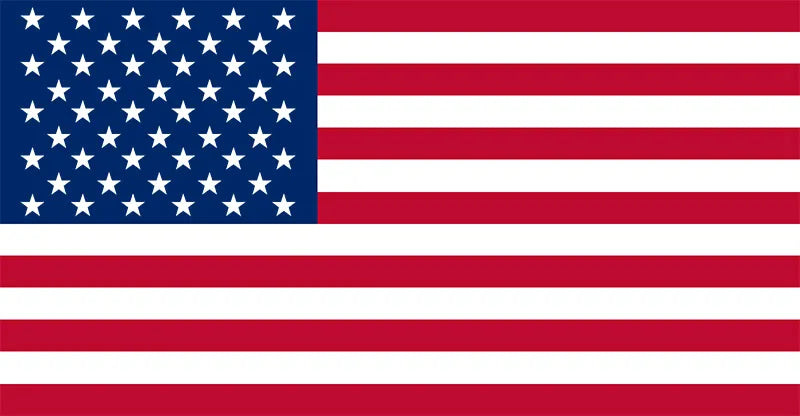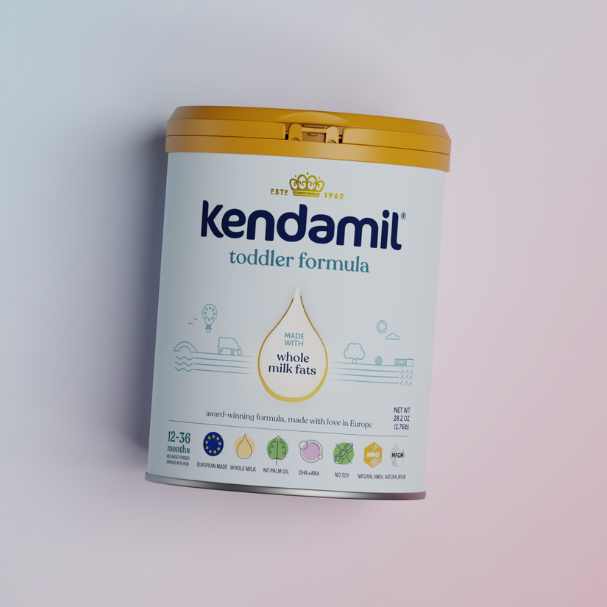Parenting seems to come with so many rules and opinions it can feel overwhelming at times, especially now we have social media to contend with, it can be hard to work out what is myth and what is fact. When it comes to infant formula, we only share the facts, so you can make informed decisions that are right for you and your child.
When it comes to goat milk formula there are a few incorrect myths circulating online, so here we’ll break down those myths to bring you the truth on goat milk formula. Let’s jump in.
Is goat milk based formula suitable for babies 0-12 months?
Both the American Academy of Pediatrics and the European authorities do not recommend giving goat or cow milk to infants under 12 months. Babies 0-12 months who cannot be breastfed should be fed an infant formula. Infant formula is specially designed on ingredient composition and vitamin and mineral levels - whether the formula you choose is cow milk based, goat milk based or soy milk based - they all meet nutrient level requirements. Kendamil is EU approved, and is available in most major US retailers, so it is a safe option if you’re considering using Kendamil for your baby.
Goat milk based infant formula is steadily growing in popularity in the US as more parents discover its benefits. Approved by the European Food Safety Authority for some time, it is widely used in Europe. It is now approved by the World Health Organization and the Food and Agriculture Organization also. Last year a study was published that compared newborns that were either breastfed, fed goat milk formula or fed cow milk formula. The study concluded that goat milk formula is safe and suitable for use in infants. It showed that there were no differences in growth or tolerability when compared to cow milk formula.
Myth busting goat milk formula
Myth: goat milk formula is lacking folic acid
Fact: Goat milk infant formula is designed the same way any other infant formula is made, following a highly regulated and standardized list of nutrients consisting of fat, carbs, protein, vitamins and minerals. Goat milk formula will therefore have similar levels of vitamins and minerals such as Vitamins A, D, folic acid, and iron as any standard infant formula on the shelves. Goat milk formula is NOT lacking folic acid.
Myth: Goat milk formula will cause anemia
Fact: The nutritional content of cow’s milk or goat’s milk alone is not suitable for babies under 12 months and could cause anemia since each of these milks alone do not have sufficient iron, hence why the AAP does not recommend the consumption of regular cow or goat’s milk (outside of infant FORMULA) for babies under 12 months. But when reviewing the mineral and vitamin levels in any approved infant formula, including goat milk formula, you will see that all required nutrient levels are met. Studies have shown that goat milk formula DOESN’T cause deficiencies.
Myth: Goat milk formula has too much protein
Fact: The European Food Safety Authority has set nutrient requirements for every formula they approve. The minimum and maximum levels of each nutrient must be met based on their specifications. For protein contents in infant formula in the US, a minimum level of 1.8 grams per 100 kilocalories and a maximum level of 4.5 grams per 100 kilocalories is recommended. Kendamil Goat Formula contains 2 grams of protein per 100 calories. Goat milk formula DOESN’T contain too much protein. Kendamil’s Goat Formula matches the protein ratio found in breast milk.
Kendamil Goat Formula is made with whole goat’s milk, meeting their nutrient requirements. The common misconceptions which circulate apply only to regular goat’s milk (just like cow’s milk) and not infant formula. There are many benefits to using goat milk based formula especially for those babies with sensitive tummies. You can read more about the benefits of Kendamil’s Goat Formula here.














